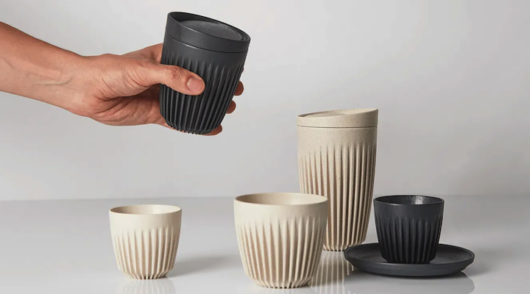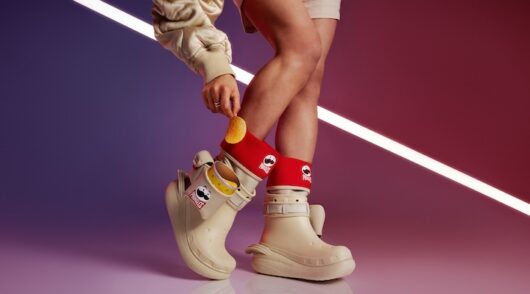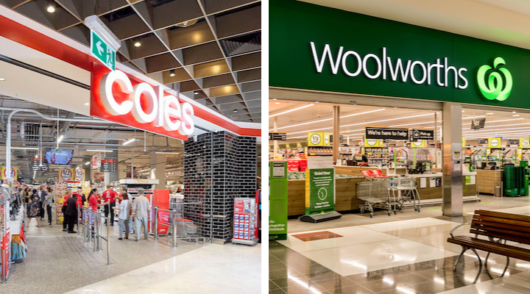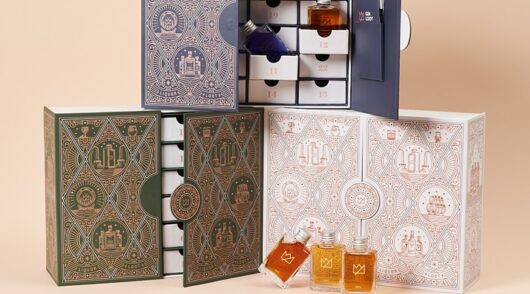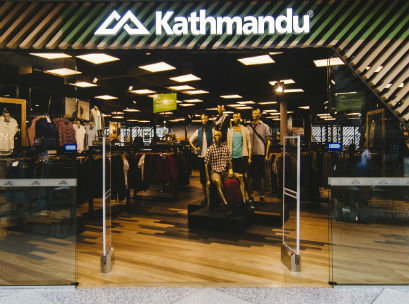 Outdoor retailer Kathmandu has announced that it will purchase US-based footwear wholesaler Oboz for US$75 million (AUD$97 million) on the back of a double-digit increase in its interim net profit.
Outdoor retailer Kathmandu has announced that it will purchase US-based footwear wholesaler Oboz for US$75 million (AUD$97 million) on the back of a double-digit increase in its interim net profit.
CEO Xavier Simonet said the Oboz acquisition would accelerate Kathmandu’s international growth, as well as diversifying its product mix and available channels to market.
The NZ-based retailer intends to undertake a $40 million capital raising to fund the deal, entering a trading halt to facilitate the transaction, which is made up of a US$60 million initial cash consideration and US$15 million in conditional payments.
Kathmandu’s net profit for the six months ended 31 January increased by 23 per cent to NZ$12.3 million, while earnings before interest and tax was up 21.6 per cent to NZ$18 million.
The double-digit earnings increase was driven by a 4.3 per cent increase in sales to NZ$204.8 million and a 7.2 per cent increase in gross profit to NZ$129.7 million, which Simonet said was the right balance between top and bottom line priorities.
It’s Kathmandu’s first international acquisition since it closed its loss-making British brick-and-mortar stores and scrapped plans to expand into Europe about three years ago under the leadership of the then newly installed chief executive Xavier Simonet.
Mr Simonet had announced at the time that the company needed to focus on its core market – Australia – which was struggling with sales and profit declines.
He also said any international expansion would be through the less riskier online or wholesale models rather than physical stores.
At that time, Kathmandu’s shares were at all-time lows following a string of profit downgrades and it faced a hostile takeover bid from New Zealand retailer Briscoe Group.
Mr Simonet successfully fended off Briscoe and revamped the group’s product range, leading to a sales and profit recovery that began in 2016.
On Tuesday, after unveiling the first-half profit lift, Mr Simonet said the time was now right to pursue international expansion.
He said there was a need to find new growth opportunities because while Australia still had room for growth, its other market New Zealand does not.
Kathmandu is currently the exclusive retailer of Oboz in Australia in New Zealand and believes the acquisition will allow the brand to maintain strong relationships with its other suppliers in “complementary markets” to Kathmandu.
The business is also interested in expanding Oboz’ product range into categories such as sandals and possibly sneakers.
“The acquisition of Oboz enables the Kathmandu Group to accelerate our international growth, and diversifies our product mix, geography and channels to market,” Simonet said.
“Acquiring Oboz is consistent with our international growth strategy to pursue a lower risk model because Oboz is a pure wholesale player,” he said.
“It also advances Kathmandu from being a Australasian retailer to being a global outdoor apparel and equipment brand.”
Oboz, which designs, sources and sells footwear for backpackers and hikers, distributes its products primarily to North American outdoor and sporting goods chains and to limited online sellers.
It has been a supplier of Kathmandu in the past 10 years and the idea of a Kathmandu takeover was first raised two years ago and only recently came to fruition, Mr Simonet added.
“Oboz is a great business with annual sales of around $US30 million and an average sales growth of 40 per cent over the past few years,” he said.
The dual-listed retail chain reported a $NZ12.3 million ($A11.5 million) net profit in the six months to January 31, and a 4.3 per cent lift in revenue to $NZ204.8 million.
NZ sales impacted
Kathmandu’s sales grew by 3.7 per cent in Australia, its largest market, increasing by 1.9 per cent on a same-store basis.
But sales declined by 6.4 per cent in New Zealand, impacted by lower levels of clearance stock in the first quarter.
NZ same-store sales declined by 6.3 per cent, but in the last six-weeks of the half rebounded, growing 1.9 per cent.
The first-six weeks of the second-half were also stronger than the first, with group sales up 7.9 per cent on a constant exchange rate basis.
Same-store sales growth in Australia was 7.5 per cent in the first-six weeks of 2H18, while NZ continued its recovery, up 5.1 per cent.
“We are focused on delivering profit growth in our core markets for the second half of FY18,” Simonet said.
“The Australasian business provides the foundation for our brand to expand internationally, as always the success of our full year result is still very dependent on key promotion periods to come.”
Updated: 20/3/18 7:00PM AEDT
Access exclusive analysis, locked news and reports with Inside Retail Weekly. Subscribe today and get our premium print publication delivered to your door every week.

